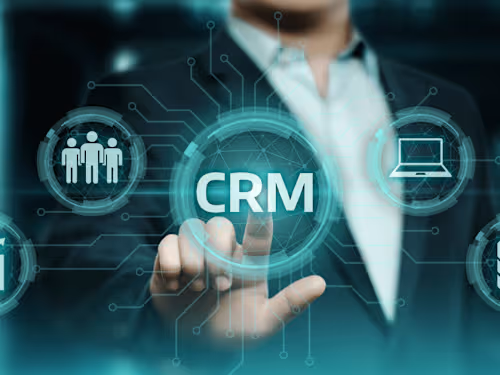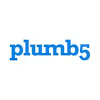
Why a Commercial Real Estate CRM is No Longer Optional in 2025
Starting at
$
100
About this service
Summary
What's included
Why a Commercial Real Estate CRM is No Longer Optional in 2025
The commercial real estate (CRE) industry has seen a massive transformation in the past decade. From digital property listings to virtual tours, technology has rapidly evolved how professionals manage prospects, properties, and deals. At the center of this transformation lies one essential tool: the commercial real estate CRM. For brokers, leasing agents, and property managers, adopting a dedicated CRM system designed specifically for commercial real estate isn’t just beneficial—it’s essential. In this article, we’ll explore what a commercial real estate CRM is, why it matters in 2025, and how the right platform can elevate your business.
Duration
1 week
Skills and tools
Account Manager
Customer Success Manager
Sales Manager

Asana

Golang

HubSpot

Salesforce
Industries
